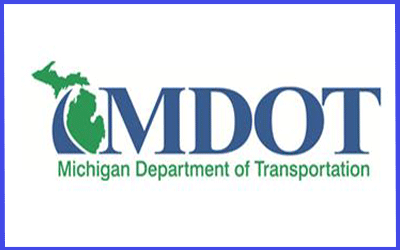
Four join the Michigan Transportation Hall of Honor
Four join the Michigan Transportation Hall of Honor Fast facts: LANSING, Mich. – A long-serving and innovative Michigan Department of Transportation (MDOT) director, a creative MDOT leader and problem-solver, a passionate supporter of railroad safety, and a tireless advocate for transportation systems and improving career opportunities for minorities and women were among those inducted on Oct. 26 into the Michigan Transportation Hall of Honor. The Hall of Honor, a permanent display in the Van Wagoner Transportation Building in Lansing, was established in 1971 to honor individuals who have made outstanding contributions to developing Michigan’s network of highways, roads, streets, transit systems, railroads, airports, and waterways. Members are elected by a committee representing a wide range of transportation industry organizations. With the inclusion of this year’s honorees, a total of 92 people has been inducted into the Hall of Honor. Here are this year’s honorees: Kirk T. Steudle, South Lyon, served as director of MDOT from 2006 until 2018, spanning two administrations, an unprecedented tenure in the department’s modern era. Among myriad accomplishments as director, he laid the foundation for innovation, overseeing the department’s first “bridge slide,” its first public-private partnership (P3) for freeway lighting, and the state’s first freeway “flex route,” allowing for the use of the shoulder during peak times on the heavily traveled US-23 corridor north of Ann Arbor. Steudle played a key role in negotiating an agreement with the Canadian government for the Gordie Howe International Bridge, including creation of the international bridge authority for oversight. As a nationally recognized thought leader in the deployment of connected and automated vehicles, Steudle helped open the 32-acre Mcity at the University of Michigan, dedicated to researching the technology. He also was a leader in developing the 500-acre American Center for Mobility, where he briefly served as interim CEO/president in 2018. Steudle served a number of years on the American Association of State Highway and Transportation Officials (AASHTO) board of directors, including a term as president in 2011-2012. He also served on the ITS America Board of Directors, including a term as chair, and as a member of the Transportation Research Board executive committee. Gregory C. Johnson, Wixom, served in a number of significant leadership roles at MDOT, including as chief operations officer from 2011 to 2015. In that role, he oversaw a department-wide realignment to gain efficiencies and better responsiveness to customers in a challenging transportation funding environment. Prior to serving as COO, he served as MDOT Metro Region engineer, shepherding some of the state’s largest freeway projects, including rebuilding M-10 (Lodge Freeway), I-96 west of Detroit, the I-94/US-24 (Telegraph Road) interchange, and completion of the Gateway project, which significantly improved the flow of traffic between Michigan and Canada. Johnson was a champion of trying new things and leading on innovations, including paperless construction, construction manager/general contractor project delivery, and design-build and other innovative bidding methods. His uncanny ability to resolve conflicts and forge relationships with disparate groups, including the construction industry, lawmakers, and local officials, earned him a reputation as a problem-solver. Johnson was a staunch advocate for disadvantaged business enterprises (DBEs) and was instrumental in relaunching the Conference of Minority Transportation (COMTO) in Michigan. Sam A. Crowl, Troy, was known as “Safety Sam” for his energy, attention, and dedication to railroad safety through his extensive railroad experience spanning more than five decades and a career with four railroad companies. In 2009, Crowl was appointed state coordinator of the nonprofit Michigan Operation Lifesaver, where he served for more than 10 years promoting the overall organization’s rail safety message through conducting classes and training sessions, attracting volunteers, staffing educational booths at events, coordinating the annual Rail Safety Week, working with government officials, and communicating with the media. He secured tens of thousands of dollars in grant funding to help support the organization’s outreach activities over the years. Through his hard work and passion for safety, Crowl has undoubtedly saved many lives and prevented injuries to the public, especially children, around railroad property and at crossings. Sharmyn Elliott (1955-2022) demonstrated a tireless commitment to improved transportation systems for the public and was a passionate advocate for opportunities for minorities and women. He had a 45-plus year career in infrastructure engineering and was a steadfast supporter of multimodal transportation users. He was not able to attend college and joined the workforce immediately after graduating high school. He was unashamed of his education in the “University of Hard Knocks.” Elliott began his career in 1973 as a construction field engineering technician and ascended to top positions with various firms, lastly as vice president of Somat Engineering, Inc. and CEO of Somat Engineering of Ohio, Inc. Among his many honors, he was selected to represent the transportation industry in 2021 as a subject matter interviewee for the Transportation and Infrastructure Subcommittee regarding the U.S. Department of Transportation DBE reauthorization and was a board member of COMTO Michigan and COMTO National. Elliott was a strong supporter of MDOT’s Transportation Diversity Recruitment Program (TDRP), which began with four college interns in 2014 and in 2022 placed 65 interns within MDOT and the industry. Congratulations to this year’s honorees for their hard work, dedication, and service to the community. ### Driving safely in work zones saves lives! Protect MI work zones by taking the pledge.
www.twitter.com/MichiganDOT | www.facebook.com/
|


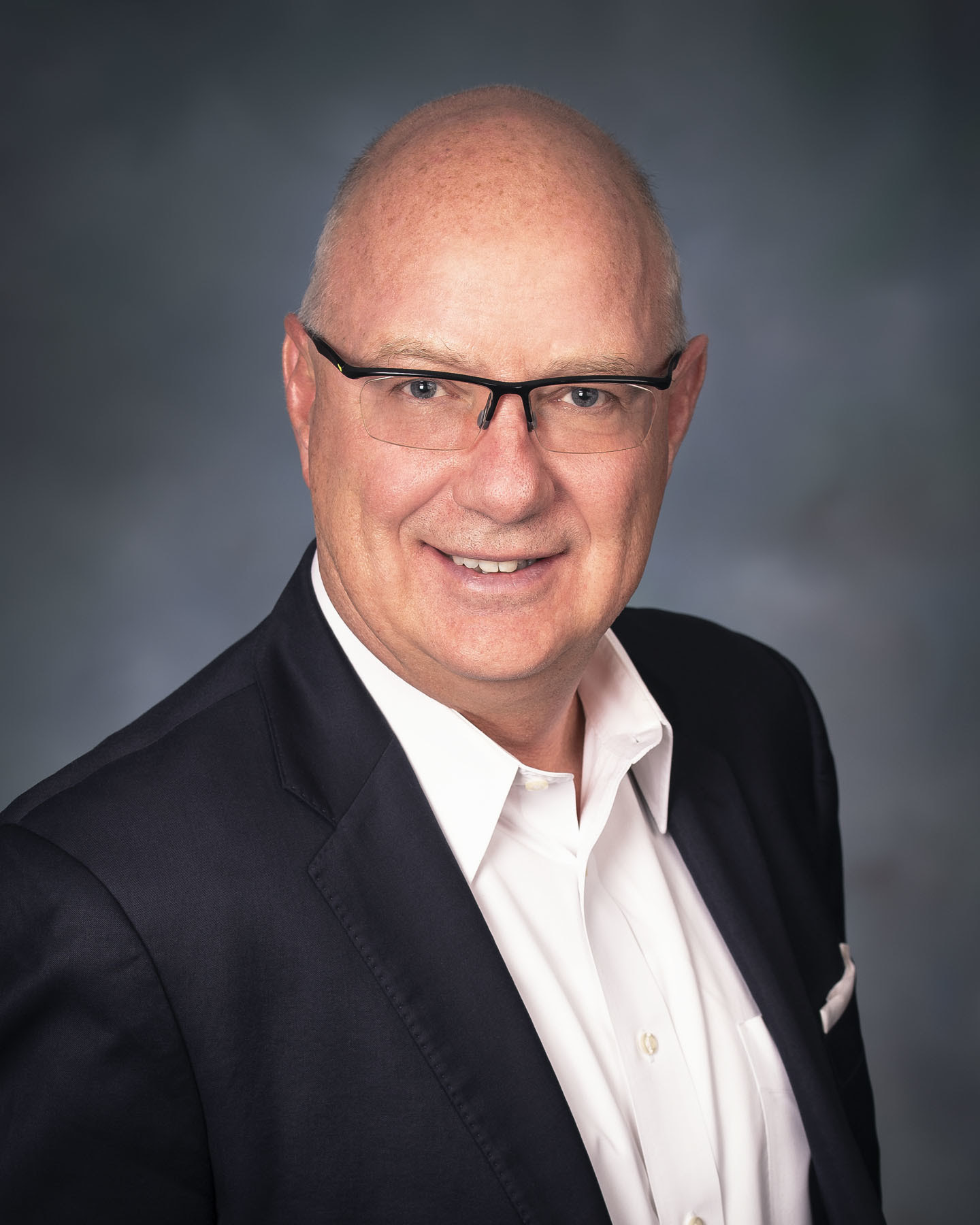
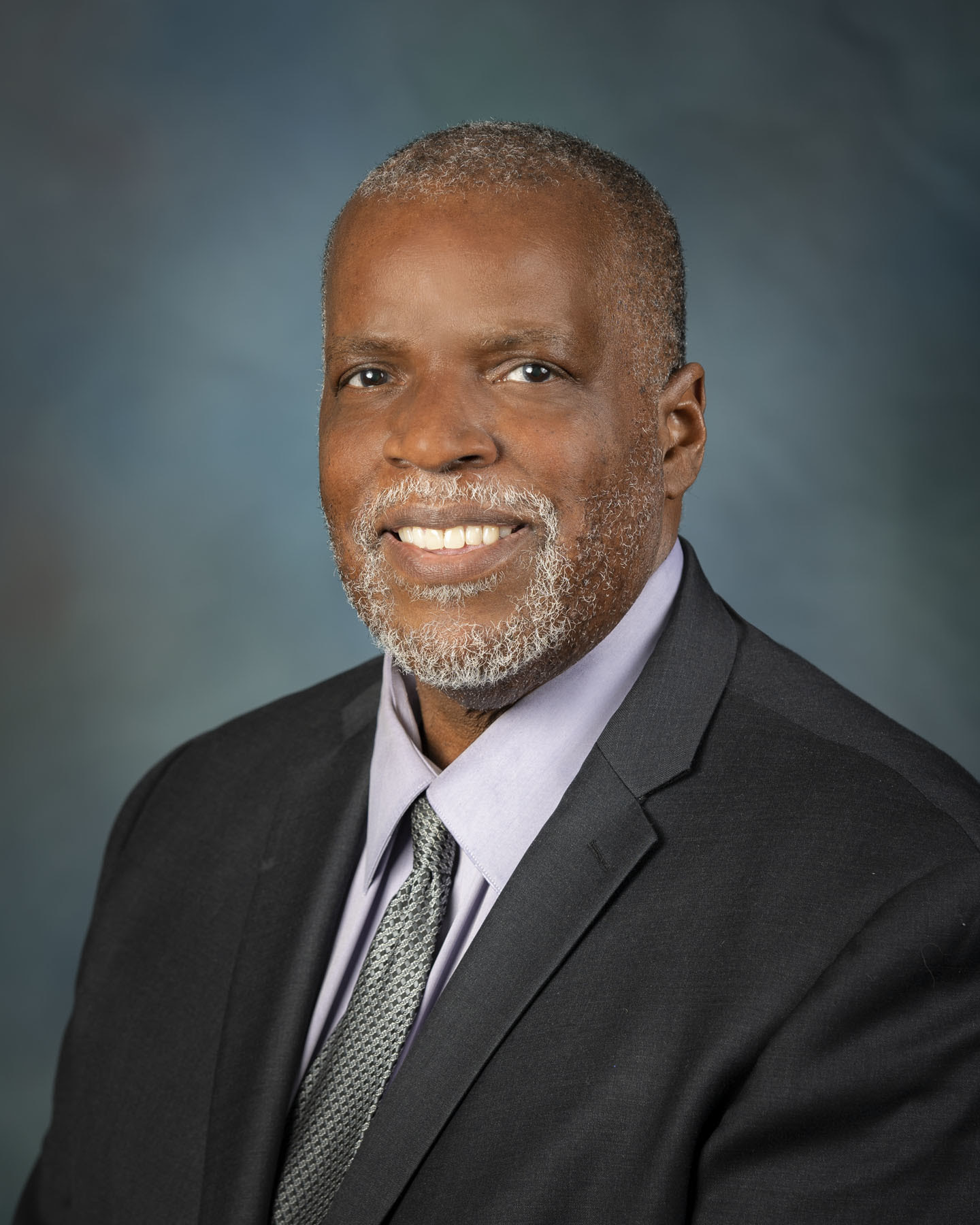
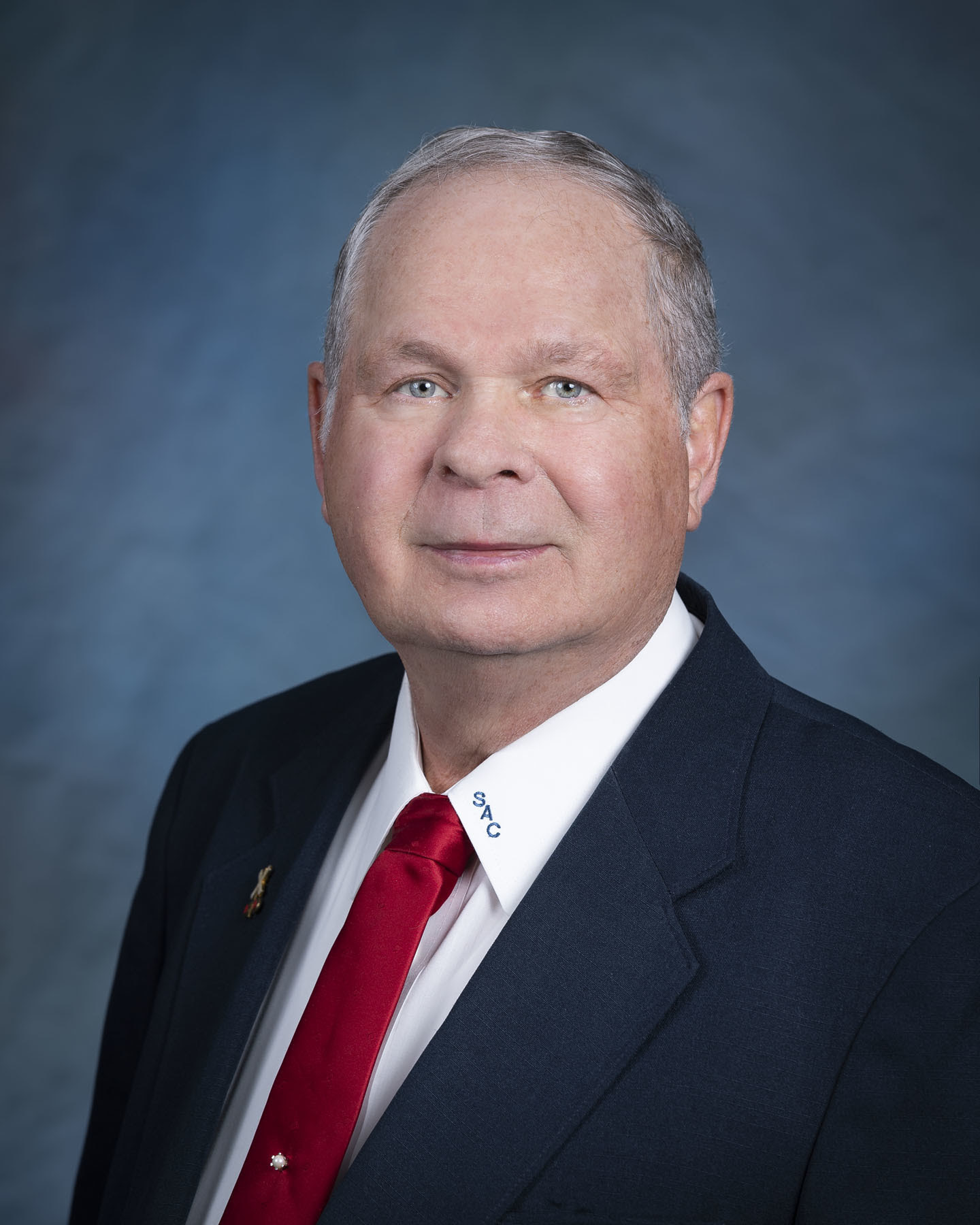
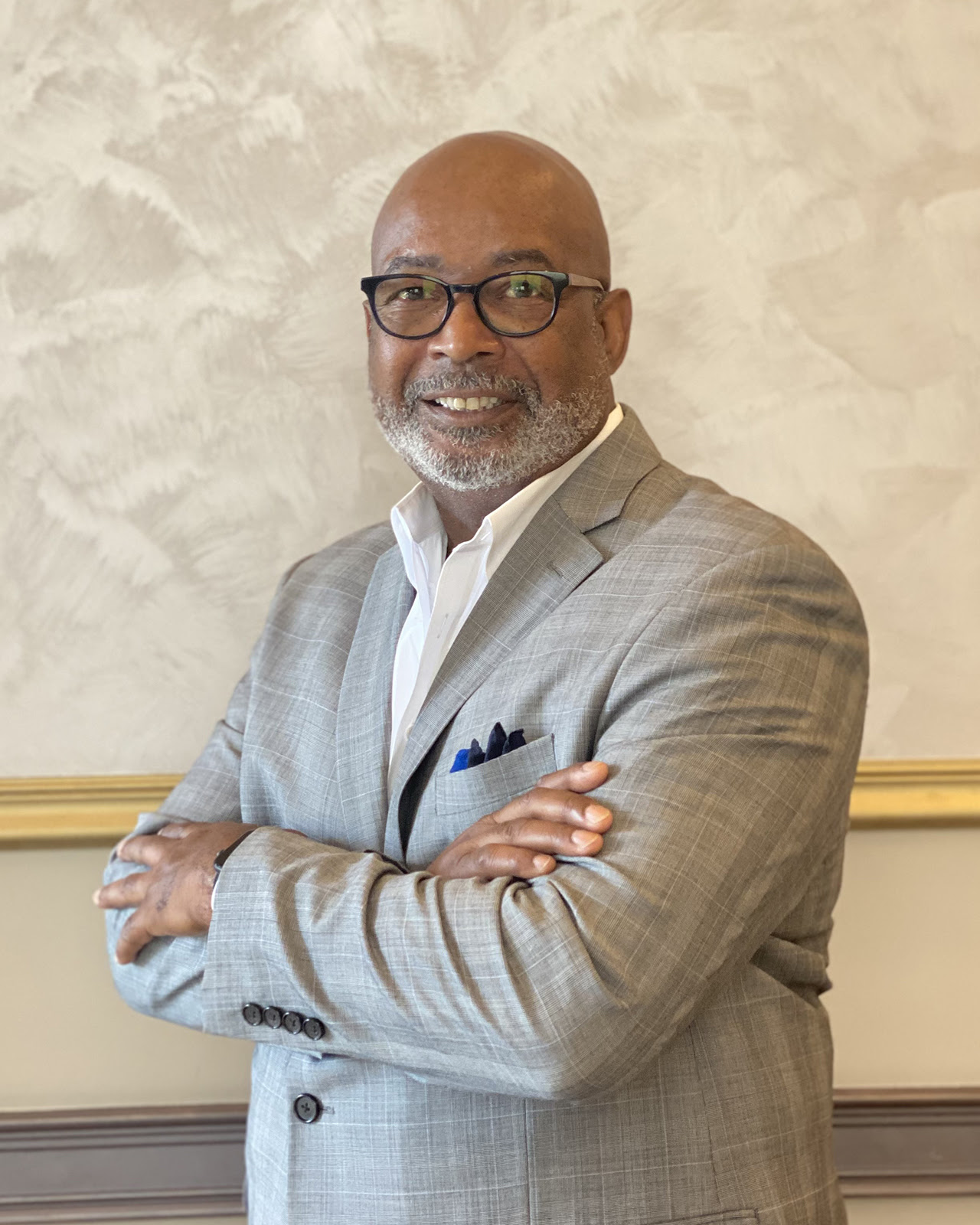
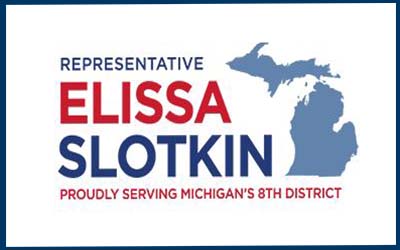
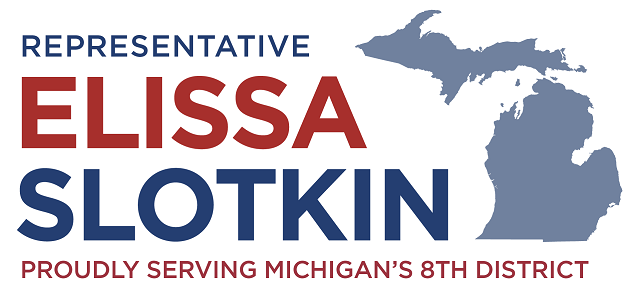




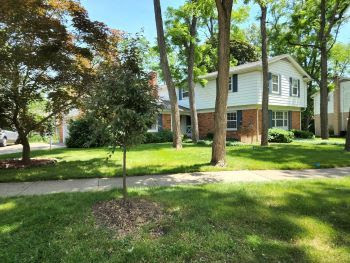 Be on the lookout this fall and next spring for some new trees along streets and parks in 31 Michigan communities. They will share $105,000 in grants awarded this year to complete 33 tree-planting projects around the state.
Be on the lookout this fall and next spring for some new trees along streets and parks in 31 Michigan communities. They will share $105,000 in grants awarded this year to complete 33 tree-planting projects around the state.
